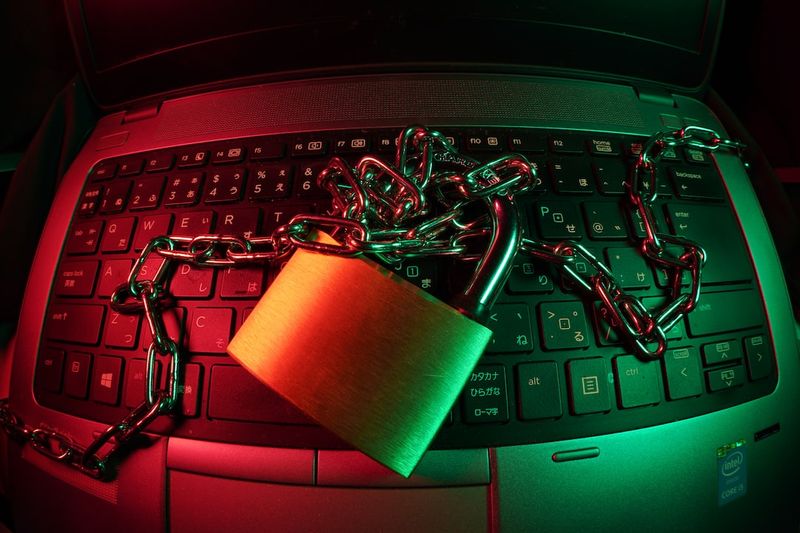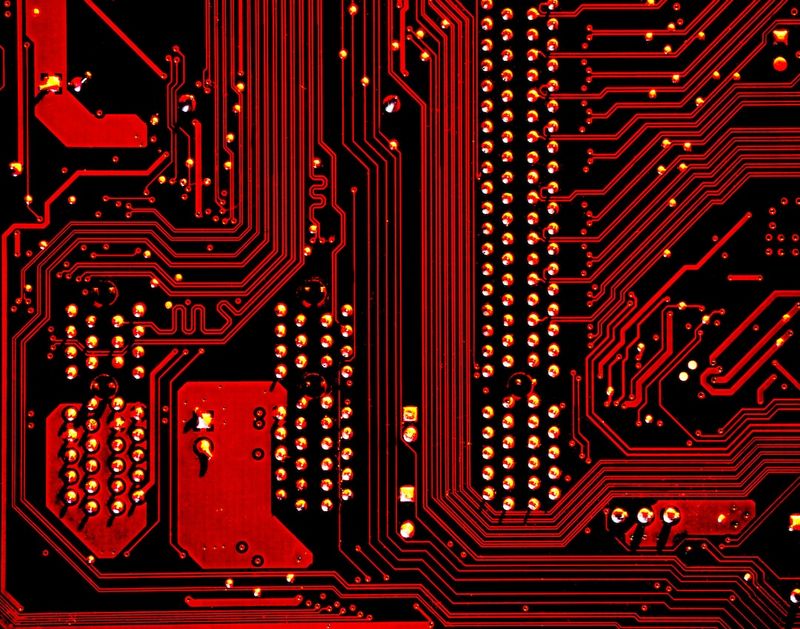On June 13th, 2023, Mihai Ionut Paunescu, the final member of the Gozi Troika, a group of cybercriminals responsible for creating and distributing the Gozi banking malware, was sentenced to three years in prison. The group was charged in January 2013 for conducting malware-related crimes that began in the late 2000s. Paunescu, also known as “Virus,” was the “IT chief” and ran “bulletproof hosting” servers to keep the enterprise ahead of cybersecurity measures by law enforcement or mainstream internet service providers.
The Gozi malware was designed to steal confidential financial information and initiate and execute distributed denial-of-service (DDoS) attacks, with the ability to infect over a million computers and result in tens of millions of dollars in losses. Nikita Kuzmin, who developed the malware, rented it out to other criminals for $500/week, and Deniss Čalovskis coded bogus HTML content for malware to inject into legitimate web pages to trick victims and steal account information. Paunescu enabled cybercriminals to distribute the malware and facilitated transmitting spam.
Despite the arrests and convictions of all three cybercriminals, this story is both fascinating and twisty. Kuzmin spent 37 months in custody in the U.S. before pleading guilty in 2016, receiving a prison sentence of three years, and paying a fine of $7,000,000. In contrast, Paunescu remained free for eight years until he was arrested in June 2021 at Bogotá International Airport in Colombia. Čalovskis was arrested in Latvia and sent to face trial in the US after successfully resisting extradition for two years, arguing that the maximum sentence he faced in the US was unreasonable by Latvian standards. He received a 21-month sentence equivalent to the time he’d already been incarcerated.
With the rise of digital currency and bullet-proof hosting servers, Kuzmin’s business model and the Gozi malware marked a prominent shift in cybercrime strategies by cybercriminals towards providing these services for others. As the dangers of cybercrime continue to rise, this story highlights the increasing importance of cybersecurity and crime-fighting measures.
Editorial:
The Gozi IT Chief’s shameless actions, which spanned more than a decade, caused considerable harm to financial institutions and customers. The victims involved have experienced significant monetary losses and anxiety over their private information’s exposure and potential misuse. The recent sentencing of Mihai Ionut Paunescu highlights the importance of collaboration among nations to bring cybercriminals to justice. Cybersecurity agencies worldwide are continuously working to fight cyberthreats and develop advanced security measures to protect organizations and their customers’ private data from cybercriminals who intend to profit from it.
Philosophical Discussion:
The story of the Gozi Troika demonstrates the danger of cybercrime in the current digital age. In the past decade, cybercrime attacks have increased in frequency, sophistication, and complexity, causing significant economic, social, and political impacts worldwide. In many ways, cybercrime has evolved into an industry, with criminals collaborating and innovating to achieve their goals.
The rise of digital currencies has provided alternatives to traditional financial transactions, making it more difficult to trace financial transactions linked to cybercrime. The Gozi malware and its “bullet-proof” system represent severe threats to the financial sector and online privacy. It is paramount to keep cybersecurity measures well-equipped and continuously educating users on safe web browsing practices.
Advice:
Individuals, institutions, and governments must take adequate measures against cyber threats. Users should ensure their web-browsers and anti-virus software are updated regularly, and they avoid interacting or downloading files from suspicious or non-secure websites. Institutions should continuously monitor their systems, regularly conduct security audits, and undertake software and hardware upgrades when necessary. Governments should institute and enforce strict cyber laws, collaborate to fight cybercrime across borders, and fund cybersecurity-enhancing initiatives. The struggle against cybercrime is ongoing, and it requires the collective effort of all entities- individuals, institutions and governments together- to secure a safer digital age.
Conclusion:
The Gozi Troika’s long-term cybercrime story recently came to a close with the final member, Paunescu, being sentenced to three years in prison. The Gozi malware was designed to steal confidential financial information, launch distributed denial-of-service attacks, and infect more than a million computers; its bulletproof distribution system posed a significant threat to the financial industry and users worldwide. The story highlights the critical role of cybersecurity in the digital age, with cybersecurity agencies worldwide collaborating to fight cybercrime. It calls on institutions and individuals to take appropriate measures against cybercrime to secure a safer digital age.

<< photo by Maximalfocus >>
You might want to read !
- Why the CosmicEnergy ICS Malware is not an Immediate Threat and why it Should Not be Ignored
- The Importance of Patch Tuesday for Cybersecurity: Examining the Critical Flaws in Adobe Commerce Software.
- The Urgency of Securing Critical Infrastructure from Ransomware Attacks
- 2023 CISO Forum: Exploring Top Cybersecurity Challenges in a Virtual World – Register Now!
- “The State of App Security: 50% of Security Leaders Admit Inadequacies in Safeguarding App Secrets”
- The Growing Threat of Bulletproof Hosting Services: Romanian Operator Sentenced to Prison in US
- The Troubles Caused by Ambiguous Cyber Disclosure Rules and CISO Criminalization
- The Reign of Darknet Carding Comes to an End: Kingpin Pleads Guilty to Fraud
- Accountability in the Face of Cyber Threats: Generative AI on the Rise
- The Rise of Generative AI and the Question of Accountability for Cyber Threats
- “Privacy Concerns Raised as FTC Finds Fertility App Sharing User Data with Third Parties”




